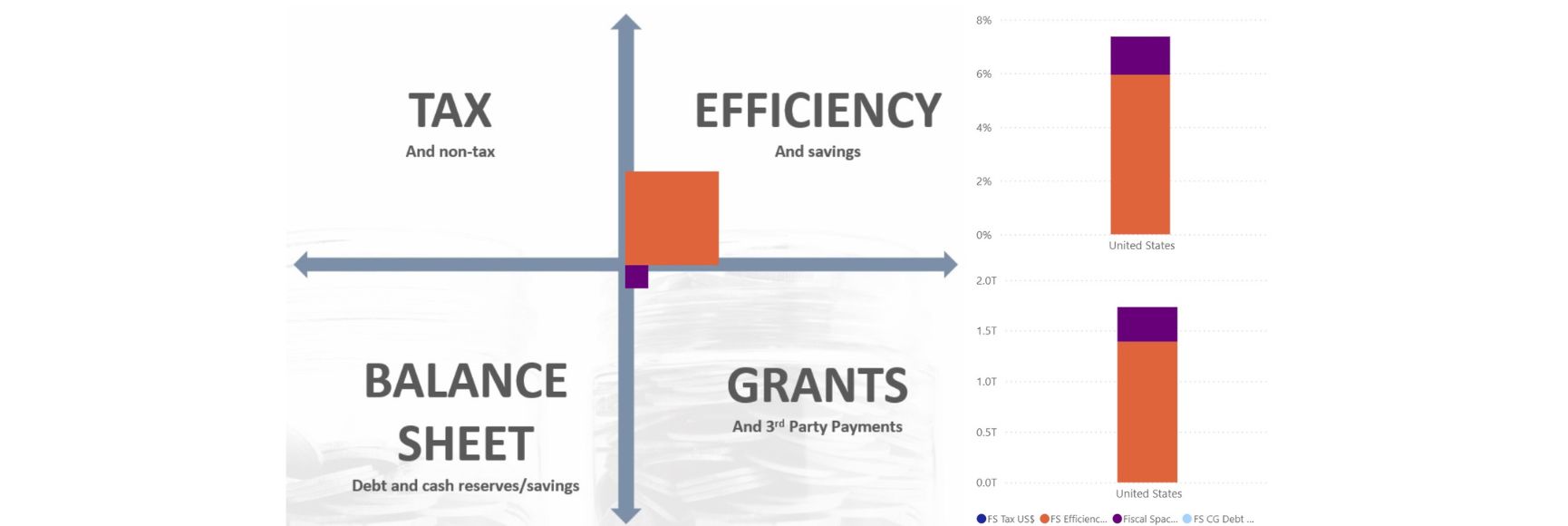Posted by Sanjay Vani, Lead Financial Management Specialist, World Bank
Much has been written about prioritizing and sequencing PFM Reforms, including Allen Schick’s often-quoted 1998 article, Why Most Developing Countries Should Not Try New Zealand's Reforms. While working on the OECD-DAC Report on the Use of Country Systems in PFM a year or two ago, I was struck by how much more we know about what does not work than about what does work. For example, almost all PFM professionals would agree that introducing a medium-term budget formulation or performance budgeting in an environment of poor budget execution is not likely to be effective; and attempting performance audit without agreed performance benchmarks and proper systems to record and track performance is equally unlikely to be effective.
Here I would like to develop a hypothesis that, I am convinced, deserves serious attention from the community of PFM professionals. The hypothesis is this: NO significant PFM reforms are likely to succeed unless a robust and functioning accounting and reporting system is in place. In other words, a robust and functioning accounting and reporting system is a prerequisite to other PFM reforms.
Since we are talking about PFM reforms, let us assume a country with weak PFM systems, including its accounting and reporting system, that is unable to prepare timely, reliable, and consistent financial reports. Let us then examine the feasibility of undertaking in this country some key PFM reforms that are in vogue in many developing and transition countries.
(A) Could MTEF reforms work in this country, which is unable to prepare even basic financial reports on time? MTEFs generally require assessing total budget resource availability and costing of continuing and new activities by spending ministries (as part of their sector strategies). Without reliable and timely financial data on current resource collections and availability, it is difficult to imagine that the finance ministry will be able to prepare a sound estimate of future resource availability. Similarly, it will be impossible for spending ministries to prepare cost estimates for continuing and new programs without reliable financial and costing data. It is therefore apparent that accounting and reporting reforms should precede the introduction of MTEF.
(B) Could cash management / debt management / commitment control reforms succeed in this country, which is unable to prepare reliable and timely financial reports? The availability of financial data is of utmost importance for efficient cash or debt or commitment management, and the lack of such data—which can only be provided through a sound and robust accounting and reporting system—will hamper efforts to strengthen these functions.
(C) Could external audit reforms be effective in this country, when financial statements are not ready for audit? One of the key objectives of external audit by a country’ supreme audit institution is to provide an audit opinion on the annual budget execution report (financial statement). If the annual budget execution reports are presented to the SAI for audit more than 12 months after the close of the financial year, it is doubtful whether strengthening the SAI’s capacity will yield much benefit. It will be necessary first to strengthen the accounting and reporting systems so that they are capable of producing reliable and timely financial statements for audit.
I rest my case: strengthening accounting and reporting system is a prerequisite for undertaking MTEF or cash/debt management or external audit reforms. But we can test the hypothesis from another angle by studying the degree of relationship between PEFA scores for accounting and reporting and overall PFM performance scores. An analysis of 106 country PEFA reports produced over the past five years reveals a positive coefficient of correlation of (r) +0.58 between the PEFA indicator PI 25 score (quality and timeliness of annual financial statements) and the overall PFM performance score. This correlation indicates that strong accounting and reporting systems go hand in hand with stronger PFM performance or conversely weak accounting and reporting systems are symptomatic of weak PFM performance.
In terms of prioritizing PFM reforms, it is imperative that countries undertake accounting and reporting reform before attempting other PFM reforms.
Note: The posts on the IMF PFM Blog should not be reported as representing the views of the IMF. The views expressed are those of the authors and do not necessarily represent those of the IMF or IMF policy.





